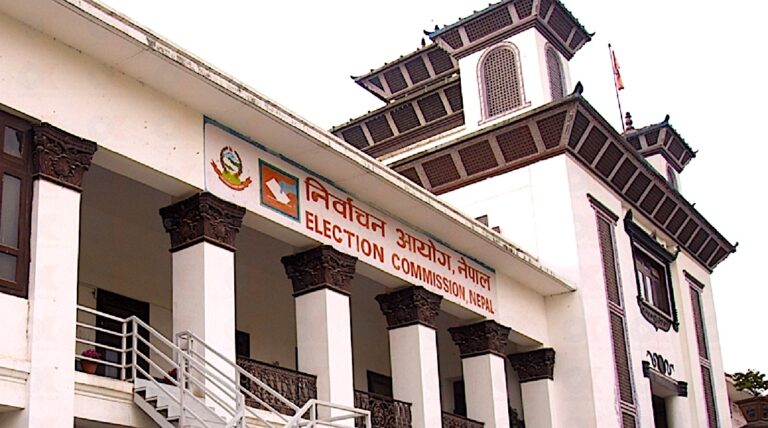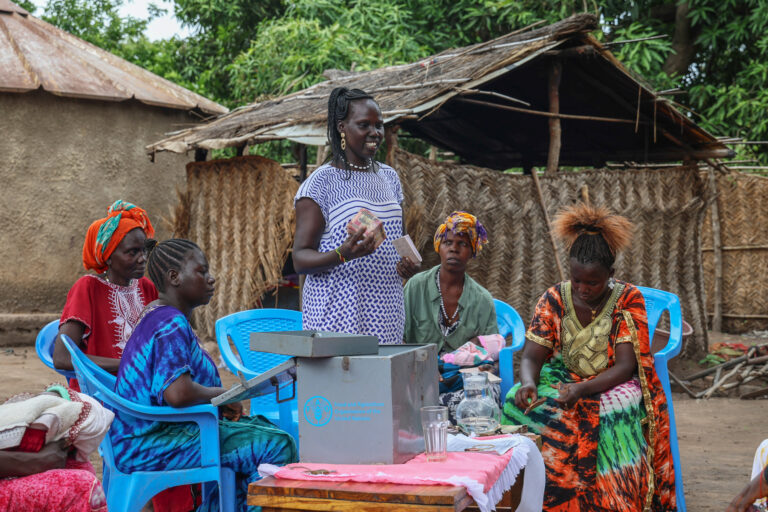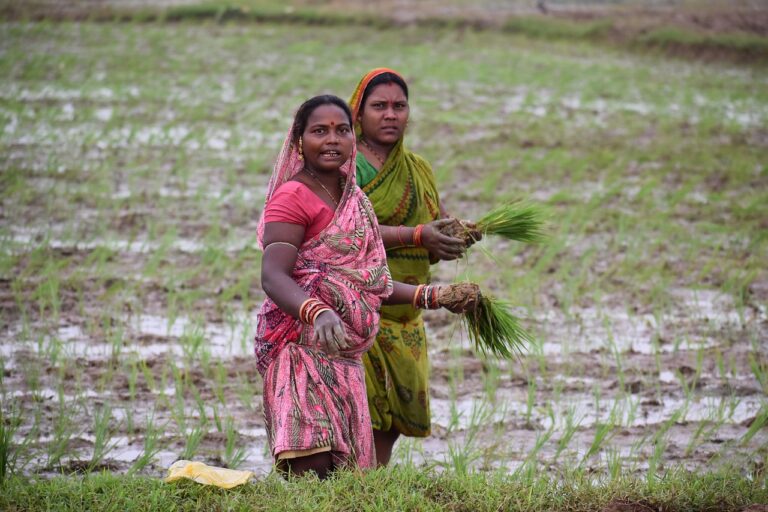
[the_ad_placement id=”adsense-in-feed”]
– By Umang Gupta and Madhu Kumari*
A Ghanaian woman uploaded a video and demanded the government to end the lockdown saying that she is upset, because her husband is repeatedly asking her to have sex. Though an African, she is just one glaring example that how women are suffering during this Lockdown in face of the deadly Corona virus pandemic. Perturbed over the never-ending demand for sex from their partners during the lockdown, many women in Ghana have actually appealed to their president Nana Addo to either end the lockdown or allow men to go out for work. This particular woman (see her video grab), like other Ghanian women have dared to go public but not every woman, particularly in India, can do so because of societal pressures and patriarchal mindset.

The spread of Covid-19 Pandemic and ensuing lockdown has brought to the fore the unprecedented rise in domestic violence cases. The National Commission for Women has received 587 complaints from March 23 to April 16, out of which 239 are related to domestic violence.
Stress, degradation of social and security networks, and reduced access to resources can all increase the risk of women experiencing abuse during the ongoing COVID-19, a pandemic, which has affected globally everyone.
The risk of intimate partner abuse is also on the rise when distancing strategies are placed in motion and people are compelled to stay at home.
The United Nations too has taken cognizance of the rise in domestic violence and called for urgent action to combat the worldwide surge in such incidents. “I urge all governments to put women’s safety first as they respond to the pandemic,” Secretary General António Guterres wrote on Twitter.
[the_ad_placement id=”content-placement-after-3rd-paragraph”]
Early data indicates that the mortality rates from COVID-19 may be higher for men. But the pandemic is having devastating social and economic consequences for women and girls. Due to markets fall and closed businesses millions of women have lost their jobs. More than 700,000 jobs have been closed due to the novel corona virus, according to data from the Department of Labor, out of which 60% job losses were experienced by women according to Institute of Women’s Policy Research.
The crisis is affecting more women’s safety and health. Apart from the direct impacts of pandemic, women are finding hard to access most important maternal health services. Women’s personal safety is also at risk.
The very conditions needed to combat the disease—isolation, social distance, limits on freedom of movement—are, obstinately, the same conditions that play into the hands of abusers who are now finding state-sanctioned circumstances tailor-made for violence.
According to UN Women, “Confinement is fostering the tension and strain created by security, health, and money worries. And it is increasing isolation for women with violent partners, separating them from the people and resources that can best help them. And in parallel, as health systems are stretching to breaking point, domestic violence shelters are also reaching capacity, a service deficit made worse when centers are repurposed for additional COVID-response.”
Aarushi Desai, an Ahmedabad-based advocate, is concerned at the rise in domestic violence cases in semi-urban and rural areas. In a public message, she urges all to call their domestic maids and check on them if she was facing any abuse and let her know of her rights and try to inform the concerned authorities and help her. “If your domestic helper/office peon/factory worker is a man then please ensure to him about his employment and urge him to spend time with his family and share the household work and if he has children, then spend time with them happily as any kind of domestic violence in the house between and husband and wife leaves a traumatic effect on a child his entire life,” she says, adding that a depressive atmosphere in the house is what causes violence. “Please try your best to help your domestic helpers emotionally from home through calls, etc. and take care of them,” she appeals.
1 out of 3 woman has experienced physical or sexual or both violence by her intimate partner or only sexual violence several times in their lifetime by any perpetrator. Violence against women is very common and in that, intimate partner violence is the most familiar from of violence. Violence against women tends to increase during any type of emergency including pandemic.
Differently-abled women and older women are likely to be the more victim of this violence. Women who are displaced, refugees, and living in conflict-affected areas are particularly vulnerable. Violence, particularly intimate partner / domestic violence, has major health impacts on women and their children. Violence against women can lead to injuries and severe physical, emotional, sexual and reproductive health issues like sexually transmitted diseases, HIV and unplanned pregnancies.
The risk of women being vulnerable to abuse in an intimate relationship and their children is significantly increased, as family members expend more time in direct proximity and households experience added hardship and possible economic or work losses. Women can have less interaction with family and friends, who may encourage and defend against abuse. Exposure to critical sexual and reproductive health care will undoubtedly become more limited, especially for women exposed to abuse.
*The writers are Assistant Professors in the Department of Journalism and Mass Communication at Banasthali Vidyapith, Rajasthan.
-With additional inputs from globalbihari bureau
(In arrangement with indianobserverpost.com)
[the_ad_placement id=”sidebar-feed”]





